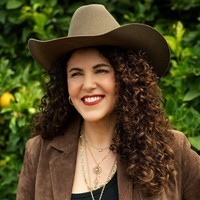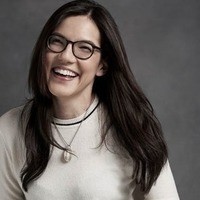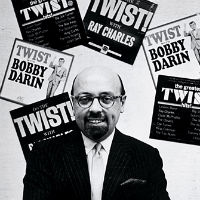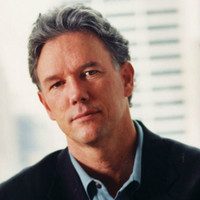Laurel Braitman is a science writer, the author of Animal Madness: Inside Their Minds, and the founder of Writing Medicine. Her new book is What Looks Like Bravery: An Epic Journey Through Loss to Love.
“My life was becoming unmanageable, in a way. I was using success in many ways like a drug, and I’d say like an analgesic on the sorts of difficult feelings I hadn’t wanted to face truly since childhood. And we are rewarded in this culture for these kinds of outward forms of success that often have nothing to do with what’s going on inside of you.”










